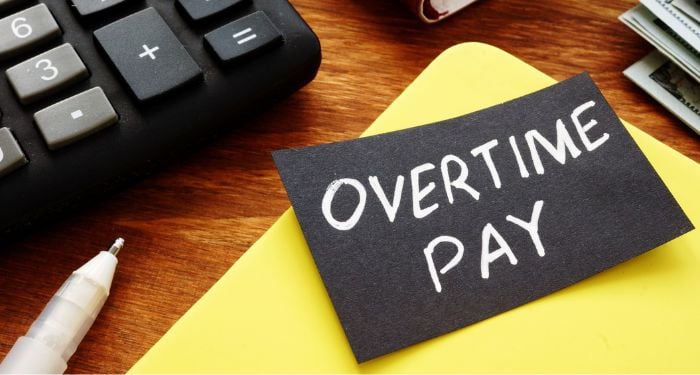State and Local Taxes for Business Owners: Part 5 – What If I Mess It Up?
If you’ve been following along with our state and local tax blog series, you’ve gained an understanding of nexus, learned about how sales get sourced to a state, and have a basic understanding of sales taxes. But, what happens if you realize you should have been filing for several years?
This article will round out the series with a promising idea – if an organization gets it wrong, it is possible to get back into compliance without incurring large non-filing or late-filing penalties. It’s all in how a business goes about correcting things. The first thing is to not panic! The worst thing someone could do in this situation is panic-register in a state; there is a correct way to come clean. Voluntary disclosure agreements (VDAs) allow taxpayers to come forward to a state to report past liabilities. Coming forward through a VDA has two main benefits:
1. Reduction or Removal of Penalties
If an organization just files a return that is late, penalties and interest are going to apply. When entering into a voluntary disclosure agreement, the state typically agrees not to assess late filing or late payment penalties, and sometimes they will even waive interest charges.
2. Limitation on Look-Back Period
The other huge upside of entering into a voluntary disclosure agreement is that the state will agree to a cut-off period. This means that if a company has been operating in the state for a long time, the state will only look back a few years and require those filings. If the business does not go through a VDA the state can require ALL past filings – there is no statute of limitations if nothing was ever filed.
Most taxpayers are eligible for voluntary disclosure agreements, as long as they have not previously filed a return or been contacted by the state about the tax type in question. To participate in a voluntary disclosure program, there is typically a simple application process. Taxpayers are allowed to remain anonymous and can do so by enlisting a tax professional to submit the application on their behalf.
Once the application is reviewed and the state determines the taxpayer is eligible, the agreements are sent and can be signed. Finally, the taxpayer is required to submit past returns (often limited to three years) and pay any outstanding liability. From there, the taxpayer will simply file as normal.
If you think your business might benefit from a voluntary disclosure agreement, please reach out to Lindsey Haney. You can also learn more about our services by visiting our Tax service page.




